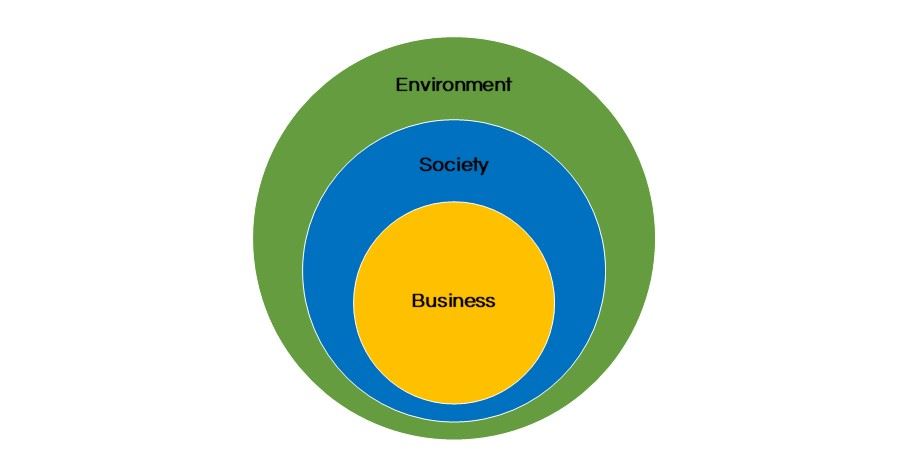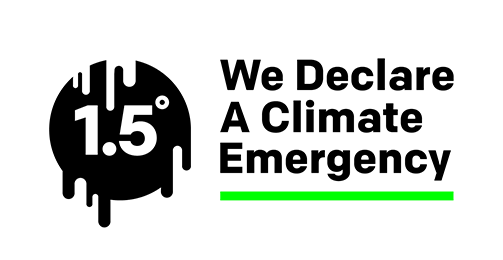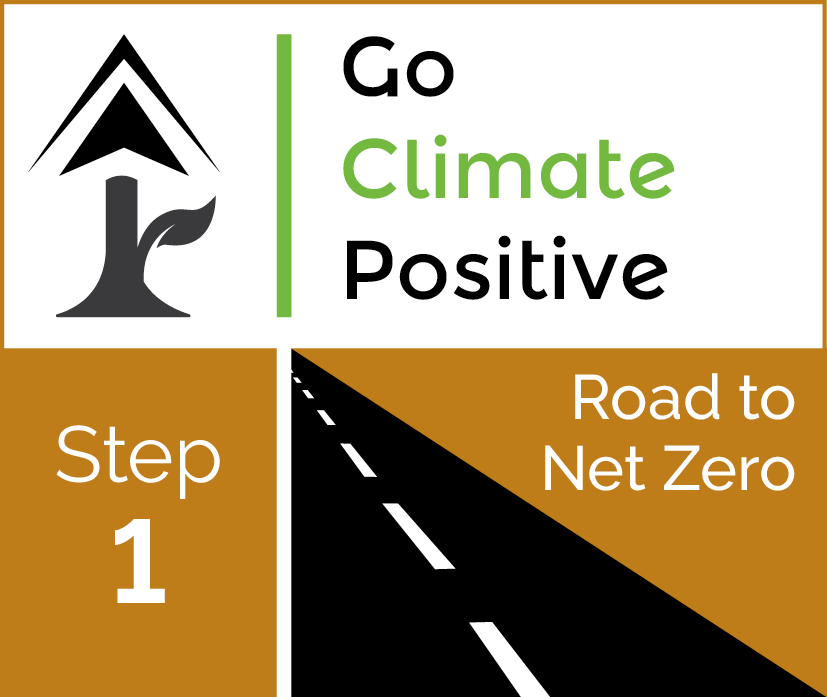Send a message 0333 344 5890 |
- Home
- Knowledge
- Learning Hub
- What does it REALLY mean to be a sustainable business?
What does it REALLY mean to be a sustainable business?
Diagram from Future-Fit Business |
By now, pretty much everyone has heard of the idea of sustainable business. If you look up a dictionary definition of sustainability, you will probably get something like this: "Sustainability focuses on meeting the needs of the present without compromising the ability of future generations to meet their needs." Whilst this makes perfect sense in principle, it can be difficult to understand what businesses need to do in practice to ensure that they do this. In this article I will aim to explain in a straightforward way what sustainability for business REALLY means, and then give you one idea for making a start. |
Putting business in its true context
In the traditional view of business its purpose is to maximise shareholder value. In other words it is there purely to maximise the financial return on the shareholders' investment. This has traditionally been taken to mean that the needs of society and the environment should be dealt with as secondary to the financial needs of the shareholders. Most businesses who embrace sustainability, even those which subscribe to the so-called "triple-bottom-line" of Profit, People and Planet still act in a way that reveals they believe short-term profits are the most important outcomes for them to manage and that the outcomes for society and the environment are nice-to-do's. "If we don't make a profit we can't do the nice things for people and the planet," so the argument goes. If we really think about this it doesn't take long to realise there is a big flaw in this position which rarely gets discussed.
Business does not exist in its own bubble. It requires the framework of a stable and just society to operate successfully which in turn relies on the resources of the natural world to support it
The diagram at the top of this article, courtesy of the Future-Fit Business benchmark, illustrates this relationship. This means that any business that operates in a way that undermines social cohesion and justice, that damages the fine balance of natural ecosystems or that depletes the finite store of natural resources is fundamentally undermining the very foundations which underpin it.
This then is the true meaning of sustainability for business:
A sustainable business must support the maintenance of a stable and just society and protect the natural environment to meet its own current and future needs as well as those of the next generation.
This means that to remain viable indefinitely into the future, business must do nothing to damage the societal norms and natural resources that support it, and that to thrive over the long-term it must work to regenerate them.
Redefining growth
The traditional view of growth focusses purely on economic or financial growth. By this measure a business is only successful when its sales and profit are growing, regardless of how well it achieves its goals to support society and the environment. This focus on financial growth has led businesses to develop strategies and business models that are dependent on ever increasing consumption of natural resources. A moment's thought makes it obvious that this approach is not sustainable as it is built on the implicit assumption that people are interchangeable, that resources are infinite and that the world can absorb an indefinite amount of waste. If it was perhaps excusable to believe these things at the start of the industrial revolution, the reports of worker exploitation, shortages of key resources like Lithium and the images of ocean waste have surely made it abundantly clear that these assumptions are not true.
Business is driven by growth, so if we are going to meet the new definition of sustainable business it is clear we need to redefine what growth means. Again, I am going to borrow from the Future-Fit business benchmark, that defines four kinds of economic growth.
.jpg)
Type 1 – Growth in biophysical throughput:
This is the amount of raw materials we take out of (and waste we put back into) the environment. On a finite world, indefinite growth of this type is not possible.
Type 2 – Growth in production and consumption:
This is the amount of goods and services flowing through society, which is roughly what Gross Domestic Product (GDP) measures. This kind of growth isn’t intrinsically bad. For example, as the population grows, more food will have to be produced and consumed.
Type 3 – Growth in economic welfare:
This represents people’s capacity and opportunity to lead a fulfilling life – and in particular the degree to which their basic needs are met. There is a strong relationship between this type of growth and type 2 – but it is not a simple one.
Type 4 – Growth in natural resources:
This is concerned with the amount of biomass (fish, wood, etc.) which regenerates through natural processes such as photosynthesis, and the health of the ecosystem functions (fresh water, fertile soil, etc.) which enable that regeneration. This type of growth increases the raw materials available for our consumption, and enriches the natural systems we depend upon.
Growth in production and consumption (type 2) is the traditional focus of both our economy and of businesses, and it has been largely driven by a Take-Make-Dispose business model that assumes unlimited growth in biophysical throughput (type 1) is possible.
We know that this is not possible, so it is clear that we need to redesign our economy and our business models so that growth in production and consumption is no longer dependent on the growth of biophysical throughput (which we know is not sustainable for the long term), and instead supports the growth of economic welfare for people and the regeneration of natural resources.
If we can successfully redefine growth in this way, it will become a self-sustaining force for good, rather than the destructive force it so often is today.
What does it mean in practice?
In practical terms this means businesses need to do two things to help ensure their own and the next generation's future:
- Immediately start taking steps to stop any harm they are doing to the societal norms that support people's welfare and the natural systems that support us all (accepting that it may take many years to reach that point).
- As soon as possible start taking steps that will have a positive effect on regenerating the natural world and building a just and fair society for all.
This means taking steps to:
- Eliminate all pollution, especially greenhouse gas emissions
- Eliminate waste by moving to a Make-Use-Return business model (AKA "The Circular Economy")
- Reduce our energy use and switch to renewable sources
- Use water responsibly
- Stop damaging and start regenerating natural systems and communities
- Help everyone affected by our business to lead happy, healthy and fulfilling lives
- Refocus our business to drive growth that is sustainable for the long term (types 3 & 4)
First steps
There are clearly many ways that your business could start to address these points, but one good way is to reduce your greenhouse emissions by systematically managing your carbon footprint.
This will directly help tackle climate change, one of the biggest environmental crises facing the world, and one of the biggest risks to your business, which in turn will help tackle the biodiversity crisis (arguably the biggest environmental crisis currently facing us). Managing your footprint will involve measuring and reducing your energy, waste and water use and is a good way to get your employees, customers and suppliers involved in a purpose beyond making money, a key foundation of motivation and fulfilment (see the book "Drive, by Daniel Pink). Being measurable, focussing on your carbon footprint is also a good way to start to refocus your business towards growth in natural resources.
The Go Climate Positive programme provides an accessible and affordable way for all business to start managing their carbon footprint. Click here to find out how.
Written by Eoin McQuone

Eoin (pronounced like "Ian") is the Chief Carbon Coach and founder of Go Climate Positive. He is a Practitioner member of IEMA (the Institute of Environmental Management) and a sustainability lead on the Cheltenham Economic Recovery Task Force.
Eoin says, "Sustainability is no longer a 'nice to do', it is business critical. My goal is to make it accessible and affordable for every business, however big or small , no matter their market sector."





